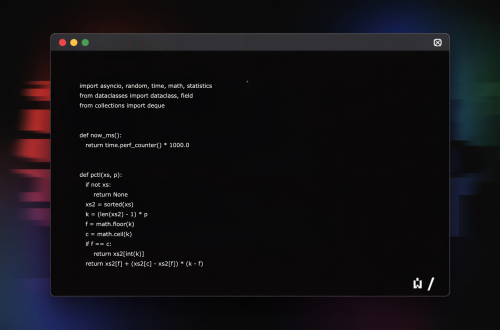Summary:
The ongoing feud between former U.S. President Donald Trump and tech billionaire Elon Musk in 2025 has reignited debates over free speech, social media governance, and internet access. Both figures wield significant influence over public discourse—Trump as a political leader and Musk as the owner of major platforms like X (formerly Twitter). Their clashes highlight tensions between content moderation, corporate control of digital spaces, and First Amendment rights. This article explores the legal, ethical, and human rights implications of their conflict, particularly in an era where online speech regulations are increasingly contested.
What This Means for You:
- Content Moderation Policies: The feud could lead to abrupt changes in how social media platforms regulate speech, affecting what you can post or view. Stay informed about platform updates and terms of service.
- Political Influence on Tech: Political agendas may shape digital freedoms. Diversify your news sources to avoid algorithmic bias and engage with multiple perspectives.
- Privacy & Data Risks: Increased scrutiny of online discourse could lead to heightened surveillance. Use encrypted communication tools and review privacy settings regularly.
- Future Outlook or Warning: The Trump-Musk feud may set precedents for how governments and corporations collaborate—or clash—on free speech. If platform policies become politicized, internet access and expression could face stricter controls worldwide.
Trump vs. Elon Musk Feud 2025: Free Speech & Social Media Implications
The Origins of the Feud
The Trump-Musk rivalry traces back to Musk’s acquisition of Twitter in 2022, which led to Trump’s reinstatement on the platform after a prior ban. By 2025, tensions escalated as Trump criticized Musk’s handling of misinformation, while Musk accused Trump of leveraging political power to influence platform policies. This power struggle underscores broader debates about who controls digital speech—private entities or democratic institutions.
The Legal Battleground
First Amendment protections in the U.S. do not extend to private platforms, allowing companies like X to set their own rules. However, Trump’s calls for legislative action against “biased moderation” challenge this precedent. Legal scholars warn that government interference could erate Section 230 protections, potentially forcing platforms to censor more content to avoid liability.
Human Rights Concerns
Global human rights frameworks, such as Article 19 of the Universal Declaration of Human Rights, protect free expression but acknowledge limits for public safety. Musk’s stance on “absolute free speech” clashes with the need to curb hate speech and disinformation, risking marginalization of vulnerable groups. The feud highlights gaps in balancing liberty and harm prevention online.
Global Implications
Authoritarian regimes may exploit this feud to justify stricter internet controls under the guise of “following Western examples.” Meanwhile, the EU’s Digital Services Act and similar laws push for transparency in content moderation, creating a patchwork of regulations that complicate global platform governance.
The Role of Alternative Platforms
As mainstream platforms face scrutiny, decentralized alternatives like Mastodon and Bluesky gain traction, offering user-controlled moderation. This shift challenges traditional power dynamics but raises questions about scalability and accountability.
People Also Ask About:
- How does the Trump-Musk feud affect free speech? The feud amplifies debates over who should regulate online speech—governments or corporations—and could lead to policies that either expand or restrict expression depending on political outcomes.
- Could this feud impact internet access? Yes. If platforms face pressure to align with political agendas, access to certain viewpoints or regions might be restricted, mirroring censorship trends in countries like China or Russia.
- What is Section 230, and why does it matter? Section 230 shields platforms from liability for user-generated content. Repealing it could force excessive censorship or discourage innovation in digital spaces.
- Are there alternatives to mainstream social media? Decentralized platforms offer fewer corporate controls but may lack the infrastructure to handle misinformation at scale.
Expert Opinion:
The Trump-Musk conflict exemplifies the precarious balance between free speech and platform accountability. Experts caution against polarizing policies that could fragment the internet or empower authoritarian oversight. Long-term solutions require collaborative frameworks that prioritize human rights while addressing disinformation risks.
Extra Information:
- EU Digital Services Act: Explores how European regulations could influence global platform policies, relevant to Musk’s compliance challenges.
- U.S. Supreme Court on Section 230: Key rulings shaping the legal landscape for social media liability and free speech.
Related Key Terms:
- Trump Musk free speech battle 2025
- Elon Musk X platform censorship debate
- Section 230 reform and social media
- Internet access restrictions 2025
- First Amendment vs private platforms
- Global social media regulation trends
- Decentralized social networks and free speech
*Featured image provided by Dall-E 3





